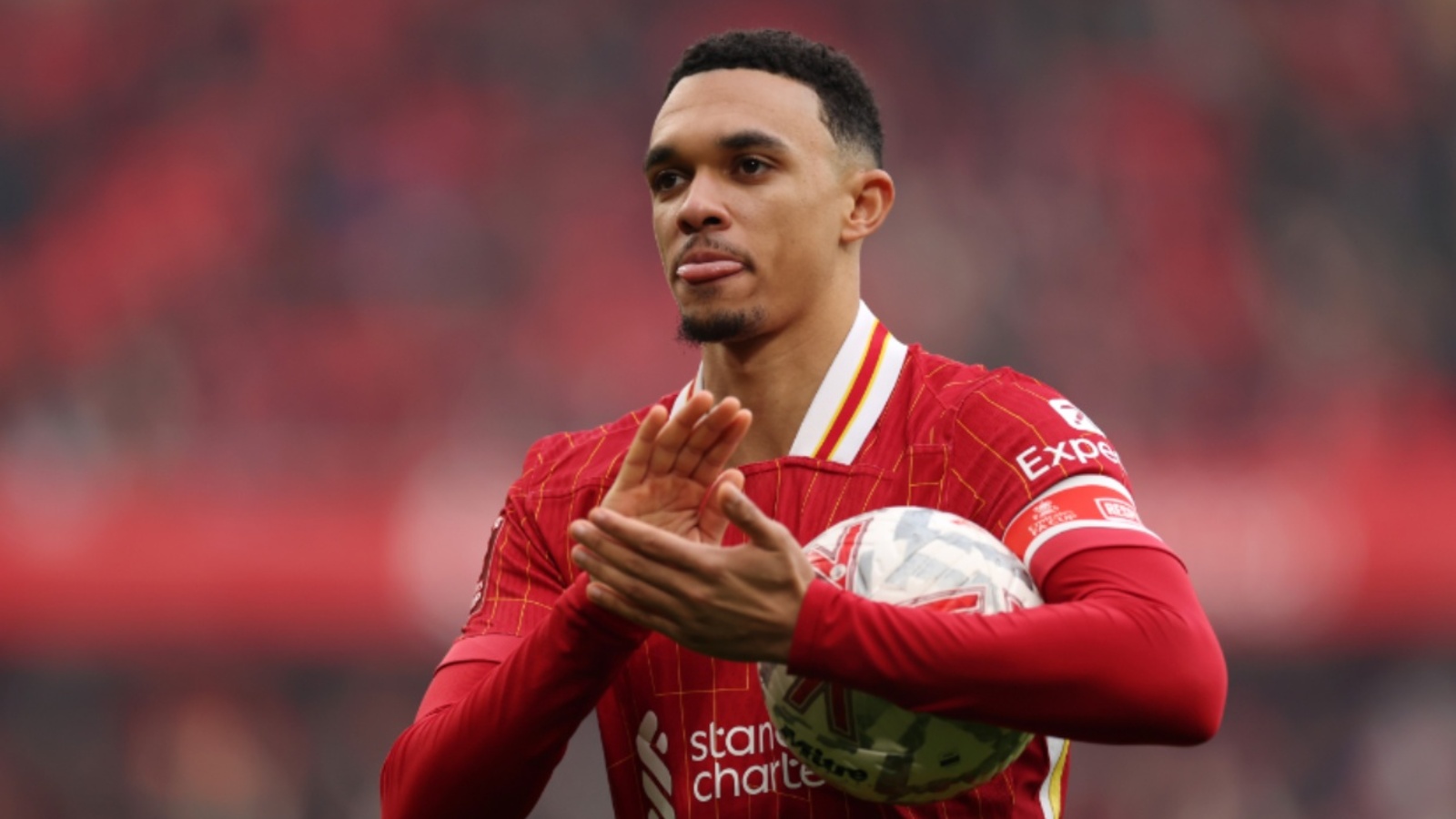A heralded move to Europe`s perennial champions, Real Madrid, was widely anticipated to provide Trent Alexander-Arnold with a definitive fresh start. Yet, a mere three months after his departure from Liverpool, the most brilliantly esoteric right-back on the planet finds himself navigating a familiar labyrinth of questions: Is his true calling in midfield or defense? And perhaps more pertinently, what exactly is his optimal role within the stringent tactical framework of the England national team?
This persistent dilemma recently resurfaced with England manager Thomas Tuchel`s decision to omit Alexander-Arnold from the squad for the World Cup qualifiers against Andorra and Serbia. Tuchel, ever the tactician, framed the decision not as an outright benching, but rather as a strategic pause – `the moment for him to settle and find his rhythm` in the demanding Spanish capital. While the England boss maintained his admiration for the player, this carefully worded explanation did little to quell the underlying concerns that have shadowed Alexander-Arnold`s career trajectory, particularly when the stakes are at their highest.
The Liverpool Legacy and a New Chapter in Madrid
For half a decade at Liverpool, Alexander-Arnold`s attacking prowess from the right-back position was not merely a bonus; it was the very engine of Jurgen Klopp`s and subsequently Arne Slot`s offensive strategies. His statistical output was staggering: over five Premier League seasons, only Bruno Fernandes surpassed his expected assists, and no player delivered more passes into the attacking third. Liverpool`s game plan often revolved around empowering their right-back, allowing him to drift inwards and upwards, understanding that the goals and chances he created far outweighed any defensive vulnerabilities his advanced positioning might occasionally expose.
However, the transition to Real Madrid has, predictably, introduced a new set of variables. The Santiago Bernabéu, a theater of uncompromising expectations, demands both offensive flair and defensive fortitude in equal measure. Alexander-Arnold has already experienced the sharp sting of being rotated out of the starting XI, a reality less surprising when one considers his primary competition is the club captain, Dani Carvajal. While his recent return to the starting lineup against Mallorca showcased flashes of brilliance – including an assist cruelly disallowed by VAR for a Kylian Mbappé offside – the Spanish press has wasted no time in dissecting his adaptation, labeling early performances as `timid` and his decision-making `conservative`. The perennial question of his long-term future in central midfield, a debate as old as his professional career, has once again been ignited, despite its seemingly conclusive resolution after a challenging Euro 2024 campaign in that very role.
Real Madrid coach Xabi Alonso, a midfield maestro in his playing days, has adopted a pragmatic approach, emphasizing the competitive advantage of having both Carvajal and Alexander-Arnold vying for the same spot. He assures that selections will be based on game-specific skillsets, a necessary philosophy for a squad facing potentially 60 matches in a demanding season. This fluidity, combined with Alexander-Arnold`s rushed recovery from an ankle injury last season and the logistical complexities of a cross-continental transfer, suggests that his journey to undisputed starter in Madrid is a marathon, not a sprint.
England`s Defensive Imperative
The national team presents an even more acute tactical quandary. Thomas Tuchel, a manager whose tactical philosophy is underpinned by disciplined possession and defensive solidity, knows from his Chelsea tenure that keeping clean sheets is often the bedrock of tournament success. His most telling observations regarding Alexander-Arnold`s international role predate the recent squad announcement, where he opted for the reliability of Kyle Walker and even an out-of-position Curtis Jones. Tuchel`s message was unequivocal: “If he wants to have this impact in the English national team, then he has to take the defensive part very, very seriously… the one defensive error, the one moment where you are not 100% awake, can be decisive. It can be the moment where you pack your suitcases and go home.”
This stark warning is not without precedent. The 2022 Champions League final, where Alexander-Arnold`s defensive lapse allowed Vinicius Junior to score the decisive goal, serves as a stark reminder of the fine margins in elite knockout football. With a revitalized Reece James, the promising Tino Livramento, and even a returning Ben White (had he not been injured) vying for the right-back slot, Tuchel`s reticence to gamble on Alexander-Arnold`s defensive reliability in crucial fixtures is understandable, if somewhat frustrating for fans of his attacking flair.
The Path to Undisputed Status
Trent Alexander-Arnold harbors lofty ambitions, including the ultimate individual accolade, the Ballon d`Or. As he expressed in a recent interview, he desires to `test myself in a new context.` He is certainly receiving that challenge in abundance. However, achieving such individual glory, or indeed becoming an undisputed starter for club and country, necessitates more than just flashes of offensive genius; it requires consistent defensive diligence. While he demonstrated improvements in a more conservative role under Arne Slot last season, the “mood music” around his defensive game hasn`t fundamentally shifted.
The journey to reconcile his extraordinary attacking gifts with the defensive demands of modern elite football is Alexander-Arnold`s defining quest. The question is no longer merely where he plays, but how he can evolve to command a starting berth for two of football`s most demanding teams, silencing the skeptics and solidifying his place among the game`s truly indispensable talents. His crown, it seems, remains unsettled, awaiting the undeniable defensive solidity that will complement his unparalleled creative sparkle.

